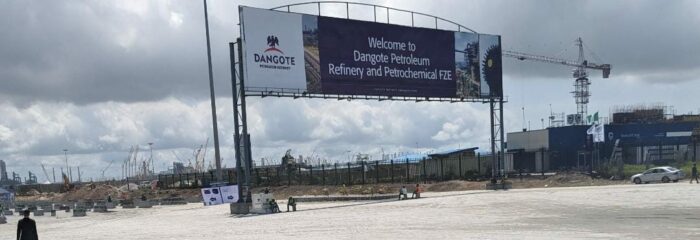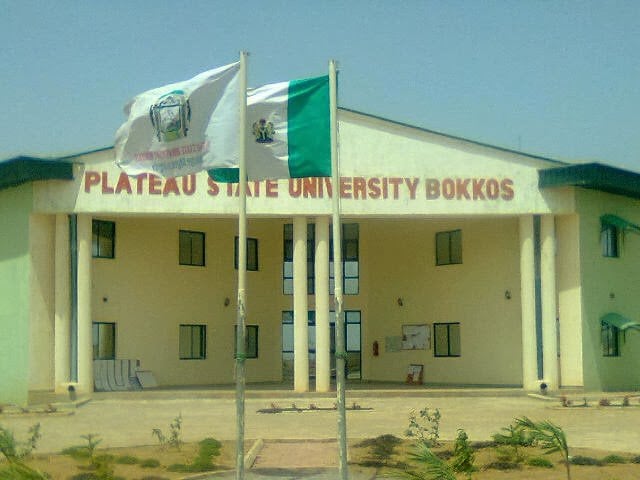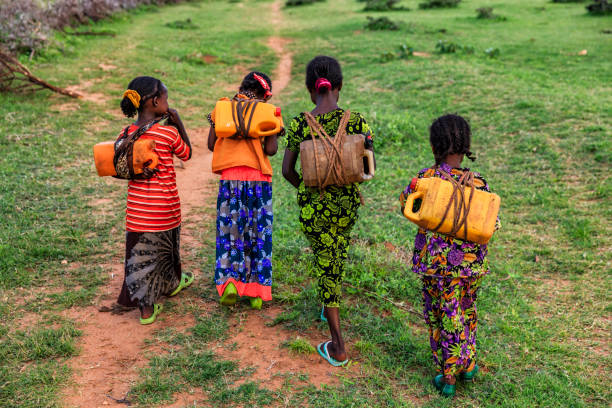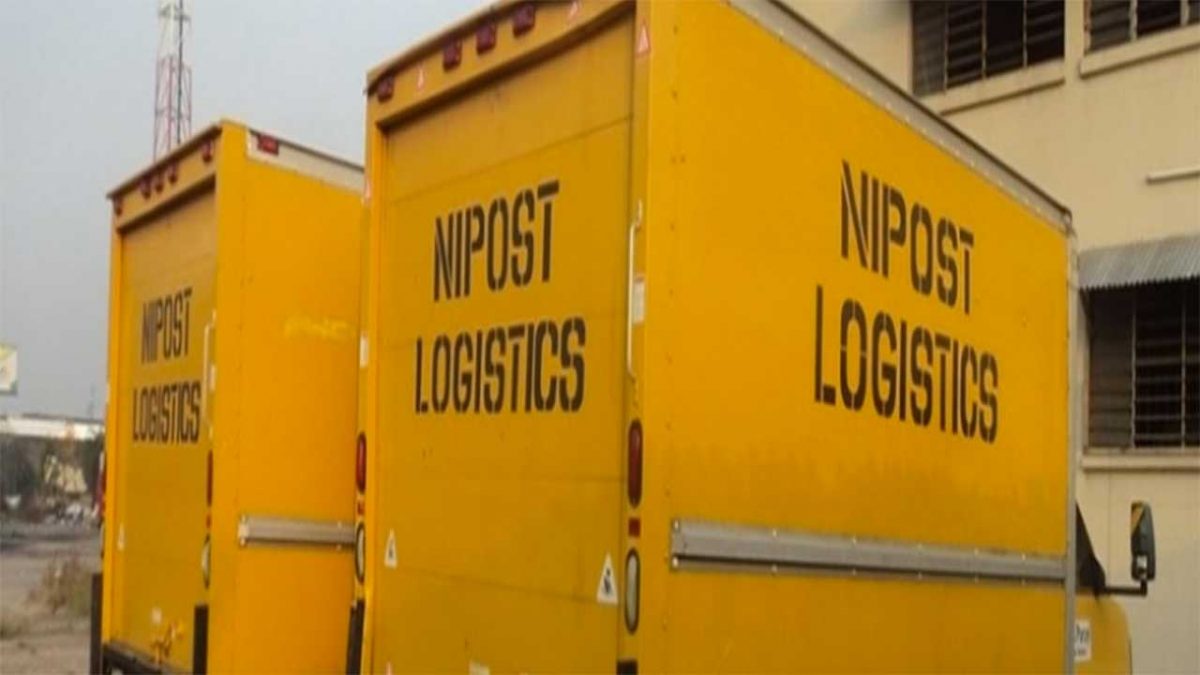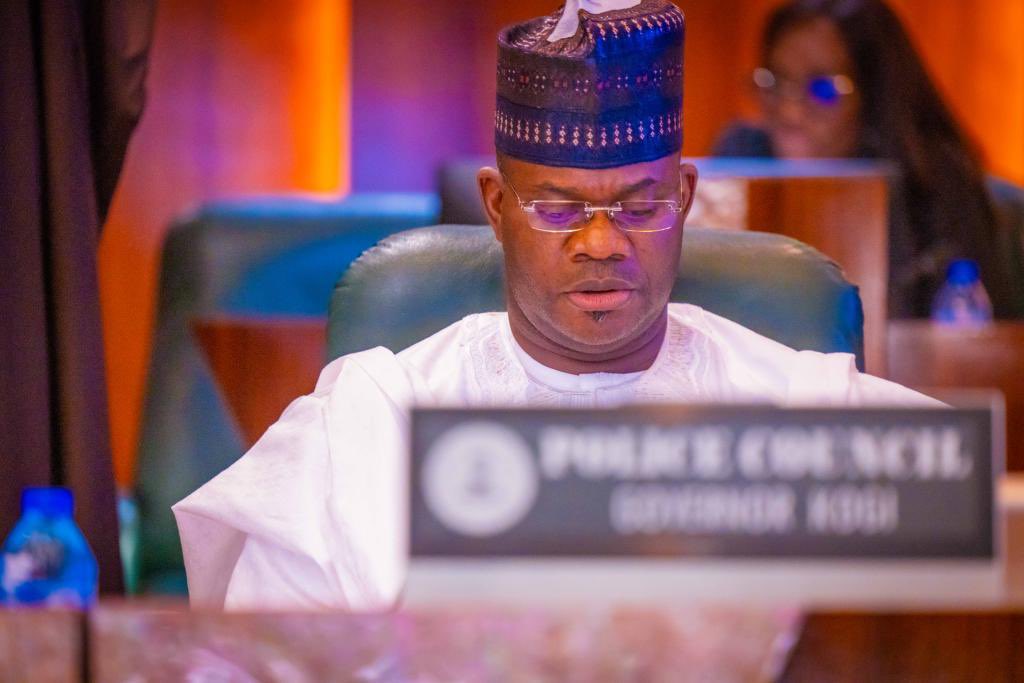Oil is power. But just like power, it can ruin.
On Monday, President Muhammadu Buhari commissioned the Dangote Refinery, a project that was flagged off as the first of its kind in the country, with promises to ease the complexities of refining Nigeria’s crude oil.
The refinery, located in Lekki Free Zone, Ibeju-Lekki Local Government Area of Lagos, beams with tons of promises.
It is expected to boost not only the local economy of its host town but also extend its grace to the entire country.
However, not everyone is excited about the prospect of a refinery. For some people, it has come to ruin rather than create the hope many are joyous about.
READ ALSO: REPORTER’S DIARY: The Search for ‘Hidden’ Precious Stones in Ibadan
NO ENTRY
The Dangote refinery spans across the ancient town of Lekki to the left. Other commercial industries, including the Lekki Sea Port, have also sprung up beside and across it.
The entrance of the refinery boasts a large billboard that reads, “Welcome to Dangote Petroleum Refinery and Petrochemical FZE.”
Several workers wearing green safety vests, whom I figured worked within the refinery, dotted the entrance.
Some walked, some sat, while others simply stood and observed. Security officials with tags of ‘Halogen Security’ shielded themselves from the scorching sun with black umbrellas. They sat in twos and threes away from the entry point. A few white-painted police patrol cars also cruised around the premises.
To the right, a large banner announcing the company and the inauguration, sat while machines hummed in the distance as everyone went about their business.
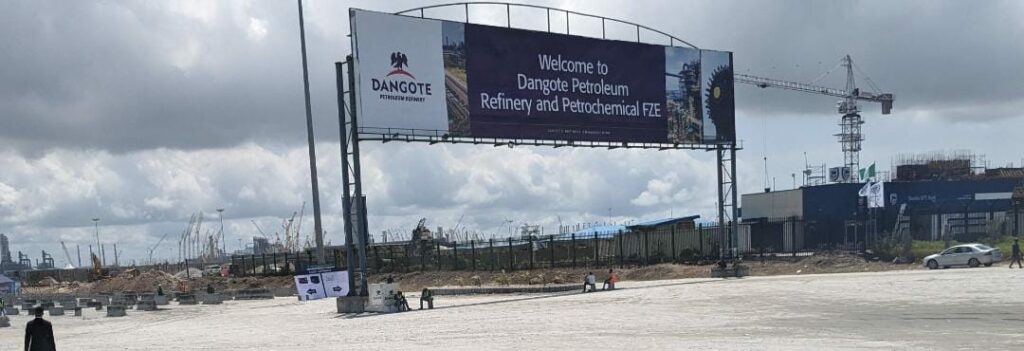
A young man in black suit walked smartly ahead of me. When he got to the entry point, I noticed he could not get past it. I saw how the security officials argued and quizzed him before he was allowed in.
I would later learn from a PoS business some yards away from the refinery that no one and nothing could pass through without a gate pass.
On seeing the fate of the young man in black suit, I made a quick retreat.
READ ALSO: How Dangote Refinery Ruined the Economy of the Ancient Town of Lekki
‘THE REFINERY BROUGHT US MORE PAIN THAN JOY’
I met Daniel and Collins (real names withheld), both fishermen, working hard at mending their blue fishing net, which had torn in several places, on the Elekuru Beach. Both men sprawled their legs on the white beach sand as they passed blue twine and a needle-like object across net repeatedly. They had a makeshift shed over their heads.
The makeshift tarpauline swayed in the direction of the wind and sometimes stilled itself against it. Just opposite the two men, the waves of the Atlantic Ocean crashed constantly. The blue sky was just above it, and from a distance, one could see where the ocean rose to meet it.
“We are mending this net with our hands because we can’t afford to pay for it,” Daniel told me.
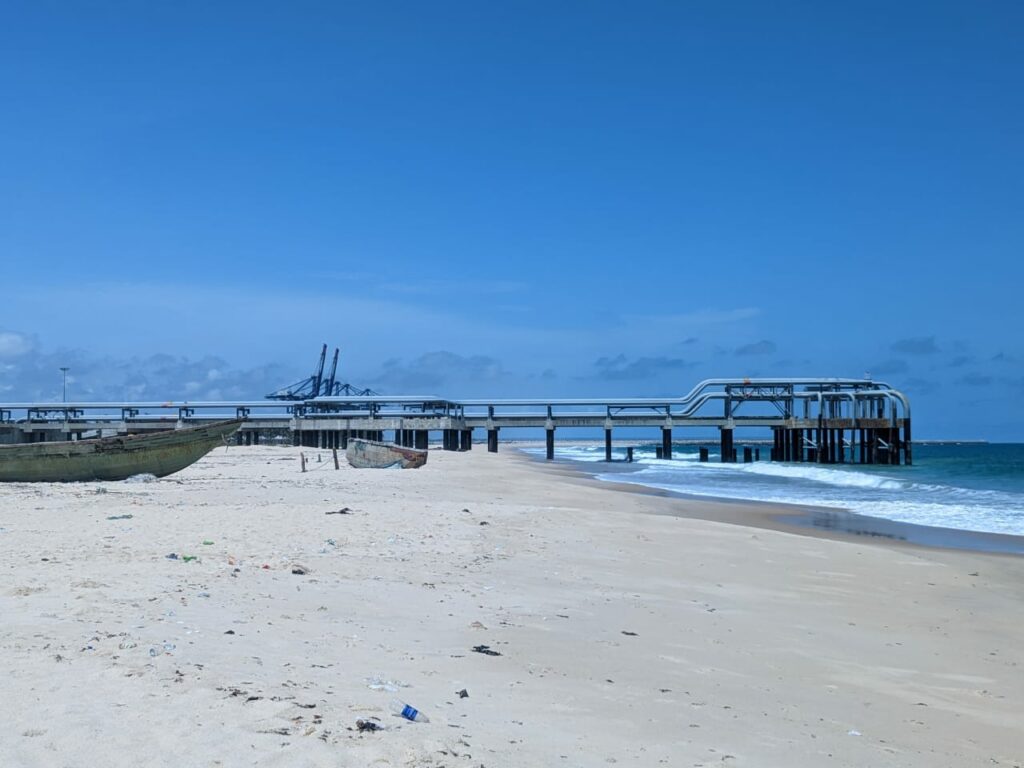
“We can’t afford to pay because we’ve stopped getting fish from the ocean since Dangote began to build his refinery.”
“Look at the bridge over there,” Daniel pointed out. “Ever since they started working on it, things have gone south for us.”
Collins echoed the worries of his colleague when he said, “They dropped some iron in the ocean, which didn’t only affect the fish but our nets too. Even when we find fish, some of them are now poisonous and no longer edible.”
Daniel told me he never envisaged a time would come when he would have to struggle to fish.
“In all my career as a fisherman, I never knew a time would come when we would struggle to catch even one fish. There used to be so many of them,” he said with a faraway look in his eyes.
“They would come out to the bank of the ocean, and we wouldn’t have to go too far to get them. We used to be around Magbon, close to the Indomie factory, but they spoilt the place, and then we moved down shore.
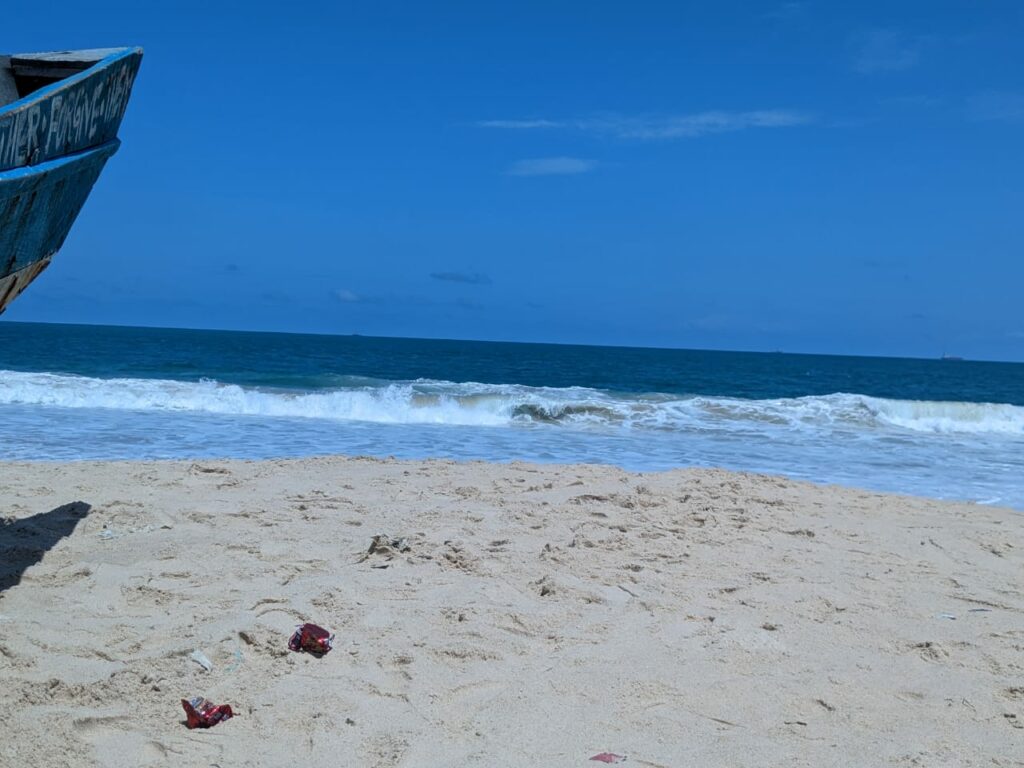
“When the naval boats also arrived, their activities contributed to the loss we are experiencing. They have tried to send us away from this place unsuccessfully. Sometimes, they would even arrest us and seize our boats. It has been one painful moment or the other since Dangote came here.”
Daniel paused over his mending and looked away into the sea. He was lost in the waters for minutes before turning to me. He looked me in the eye and said, “I wasn’t happy about the commissioning.”
READ ALSO: Can Dangote Refinery Handle All of Nigeria’s Crude?
His sincerity shocked me. When I asked why, he gave a sad smile and said, “The refinery has brought us more pain than joy. Everyone is excited about it, but they can’t see our pain. It seems the president is only creating solutions for some people while neglecting others.
“Some people are flourishing from the oil while the rest of us are living with the consequences.”
Bade (not real name) and his elder brother, some other fishermen, who were also mending their net feared that once the refinery began operation, they would be displaced from their lands and businesses.
“Once the Dangote refinery begins full operation, we will be forced to leave our homes and businesses,” they said.
“We are not excited about the commissioning because the refinery has come to stay and to ruin our livelihoods.
“What is even more appalling is how much the prices of goods have increased because there is a refinery nearby. Not everyone works with Dangote and not all of us can afford the high prices.”
WE WILL HAVE TO COME TO TERMS WITH DISCPLACEMENT
Kayode (not real name), a business owner in one of the shops that lined the expressway, corroborated Bade’s fears. He said everyone around the refinery knew they were living on borrowed time as they would have to relocate sooner than later.
“By the time the refinery begins full operations, everyone will have to relocate,” he told me.
“We will either do it willingly or forcefully, and with or without compensation. In the next four to five years, everyone will have to go away.”
I remembered that around the beach I had seen dozens of shacks built with blue, black and white tarpaulin. Daniel’s and Collins’ families live there. But as soon as refining begins in July, they would have to find a new home.
Subscribe
Be the first to receive special investigative reports and features in your inbox.


